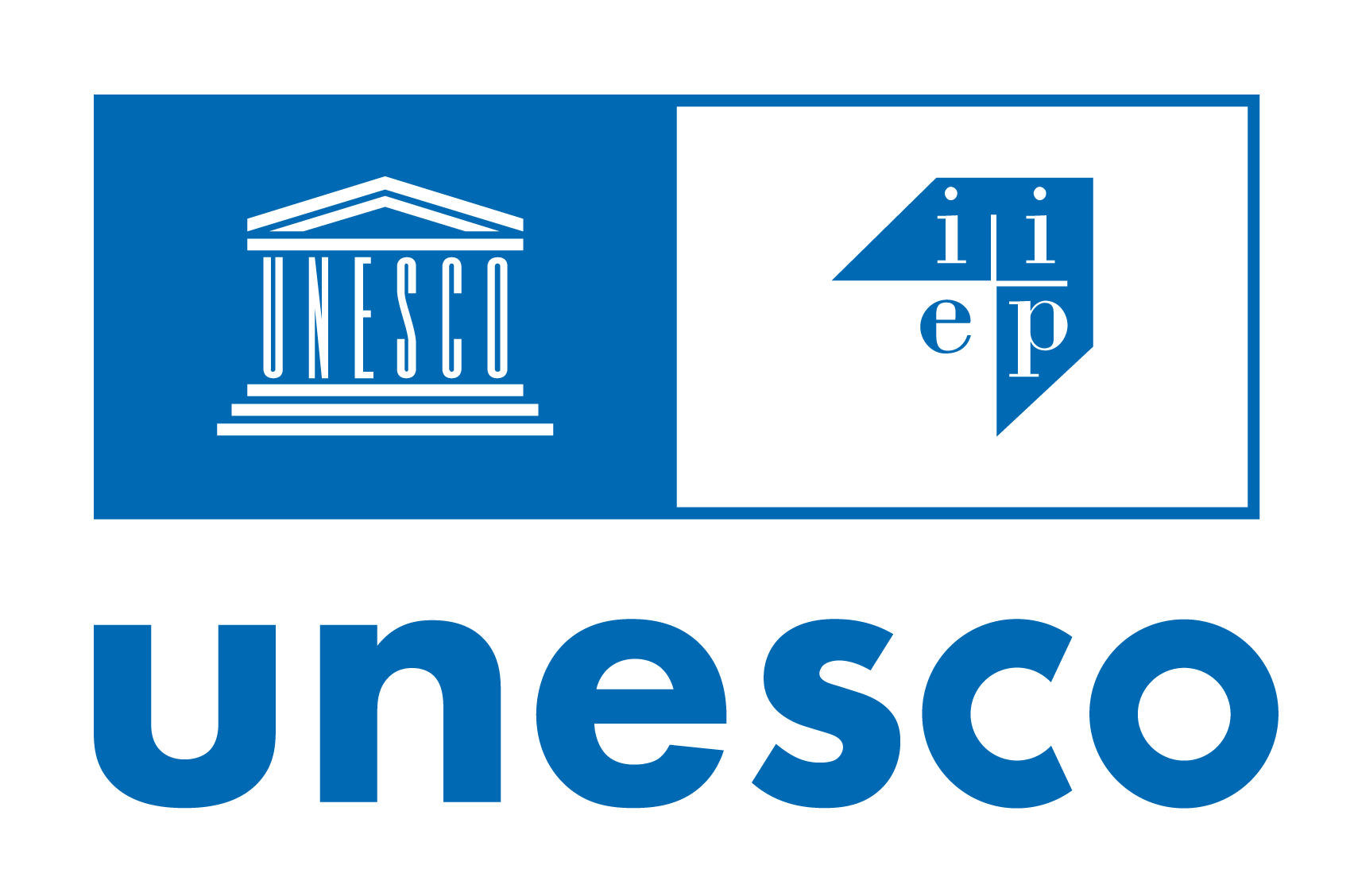Secretaria de Saúde-DF / Breno Esaki
In this article, Filipe Cassapo, Innovation Manager at the National Service of Industrial Apprenticeship (SENAI, http://www.portaldaindustria.com.br/senai/) in Brazil, describes how SENAI has enacted strategies for the safe continuation of technical and vocational training (TVET) during the country’s lockdown, while at the same time contributing to innovative solutions for fighting against the SARS-CoV-2 virus.
About SENAI
Managed by the Brazilian National Confederation of Industry (CNI, founded in 1938), SENAI trains the future workforce of 28 industrial sectors in the country. With more than 3 million enrolments per year, it is one of the five largest vocational training networks in the world and the largest in Latin America.
Developing distance learning to ensure education continuity during the crisis
In order to maintain its TVET and professional training activities during the crisis, SENAI has redirected its focus towards accelerating digital transformation and web- and mobile-based distance learning tools for all its students, at all levels, using free, open-source platforms such as Moodle or Google for Education. Video programmes such as YouTube are integrated into all free or ‘freemium’ platforms so as to facilitate video or live instruction sessions for students of all levels.
Real-time interactive activities allow students to interact remotely with both instructors and classmates, using tools such as Microsoft Teams, Google Meet, or Zoom.
Innovating to fight the spread of the virus
In addition to accelerating its digital transformation to ensure the continuity of its training activities, TVET centres in Brazil have found themselves at the heart of the development of innovative solutions to fight COVID-19. SENAI TVET centres have become key actors in the production of protective masks and alcohol-based gels. Moreover, public–private partnerships were developed to assemble much-needed artificial ventilation machines.
SENAI also created partnerships for innovation, involving both industries and Brazilian science and technology institutions, in order to respond to the COVID-19 crisis, in partnership with both Brazilian industries and science and technology institutions, such as the Brazilian Company for Industrial Innovation (EMBRAPII) and the Brazilian Agency for Industrial Development (ABDI).
The following takeaways from SENAI’s experience confronting the COVID-19 crisis may be highlighted:
- Protection and safety are priority concerns for the TVET sector. There is a consensus among TVET actors that centres must safeguard people’s lives, health, and well-being as a priority. Time is crucial. If people’s well-being is not addressed at the outset of a health crisis, the losses to learning may only increase as time goes on. In addition, ensuring communities’ confidence in the health and safety measures adopted by schools is crucial to a successful reopening.
- Reopening TVET centres will require innovations and adaptations. Starting from where we left off and picking up the pieces will not be enough. We will have to reinvent the way we conceive and deliver TVET education. Adapting schools will be essential. TVET centres will need to become future-proof structures by adapting their physical environments to respect the new health protocols, such as social distancing. Teacher adaptation will be equally essential, with a focus on training teaching staff to deal with these new challenges and technologies.
- Golden opportunities lie ahead for the TVET sector. Once clear school re-opening protocols are developed, it will be the perfect opportunity for TVET to take a leading role in society, as a sector that innovates and contributes to the collective good in a life-saving manner.

